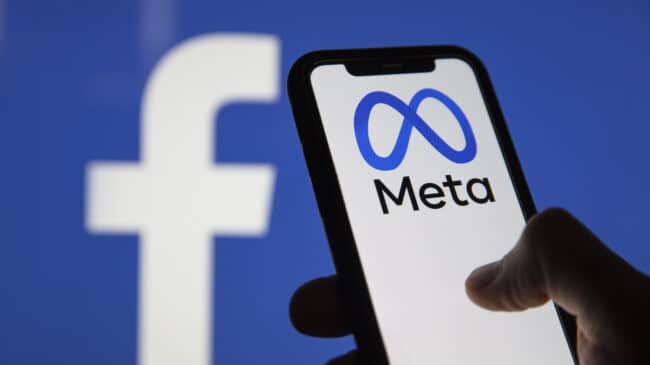In a remarkable challenge, 41 states and the District of Columbia have coordinated a lawsuit against Meta Platforms Inc., which owns Facebook and Instagram, accusing the company of designing features that allegedly hook young users to its platforms. The lawsuit reflects a broader societal tendency to scapegoat new technologies and social media for enduring societal woes. A closer examination, however, reveals that this lawsuit may be misdirected.
The crux of the lawsuit relies on the presumption that participation in social media platforms, specifically Facebook and Instagram, is detrimental to young people. Specific allegations in the lawsuit include claims Meta is misleading the public about the dangers of the platforms, ignoring the damage caused to the mental and physical health of children, and concealing the way its platforms “exploit and manipulate” teenagers and children.
The findings in the academic literature are not robust enough to claim causal connections between social media and teen harm, undermining the lawsuit’s foundational argument. A meta-analysis published by the Journal of Medical Internet Research, for instance, found that studies of depression and social media use are more likely to report mixed results than statistically significant correlations. “A statistically significant association between social media and developing depressive symptoms was reported in two reviews, while five reviews reported mixed results,” the report found.
A collaborative review by New York University’s Jonathan Haidt, who believes social media use contributes to adolescent mood disorders but cautions against confirmation bias, includes several studies that show little or no relationship between social media use and mental health outcomes. Additionally, even the studies that support the lawsuit’s claim have methodological flaws that suggest using caution and are predictable when trying to examine this complex issue, including the frequent self-reporting of time spent using social media, which typically makes the data less trustworthy, the overuse of typically unreliable samples like college students due to the ages of the people being studied, and possibly exaggerating the extent to which social media impacts mental health.
The lawsuit against Meta also turns a blind eye to the plethora of benefits that social media platforms provide for young people. These platforms have developed into vibrant communities that enable young individuals to establish social connections, create businesses, and mobilize for societal change. By focusing solely on the potential harms, the lawsuit presents a one-sided narrative that overlooks the empowering potential of social media. It also ignores other academic research pointing to social media use benefits that improve mood, cognitive function, and social support. Meta will have to make that case for itself.
It’s paramount to acknowledge that social media platforms, like the television channels that came before them, act as conduits for content tailored to individual preferences. The algorithms operate on the principle of delivering content that resonates with users’ interests. It is akin to viewers choosing shows and TV channels based on personal preferences. The distinct advantage of social media platforms like Meta’s products is efficiency; algorithms hasten the process of finding and surfacing the content that appeals to us. Branding this efficiency as a design for addiction grossly oversimplifies the scenario and overlooks the agency individuals hold in managing their social media usage.
The moral panic surrounding social media is similar to concerns around video games during the early 2000s amidst fears they may incite violent behavior among youth. Although there was an attempt to ban sales of violent video games to minors in 2005, the Supreme Court ruled it an unconstitutional violation of the First Amendment. The research that has been conducted since does not indicate any long-term consequences to society originating from violent video games and should remind us of the peril of hastily attributing societal problems to new media platforms devoid of thorough evidence-based scrutiny.
The commonly cited negative consequences fueled by social media, such as eating disorders, violence, and negative self-perception and body image, are multifaceted dilemmas with roots extending far beyond social media. These problems often emanate from deeper familial, educational, societal, and individual factors. A singular focus on social media as the perpetrator diverts attention from a more nuanced understanding and tackling of these intricate issues.
This lawsuit aims to punish Meta for alleged wrongs based on inconclusive evidence regarding social media’s impact on youth. With what we know, it is a leap for governments to assert that Meta acted deliberately or carelessly to harm youth. The scientific community hasn’t reached that consensus.
If this lawsuit is successful, it could pave the way for similar punishing actions against other tech firms, irrespective of the evidence supporting the claims made against them. This approach threatens individuals’ use of social media, innovation, and the tech industry’s ability to self-regulate, which could have far-reaching implications and hinder the development of novel products going forward.

